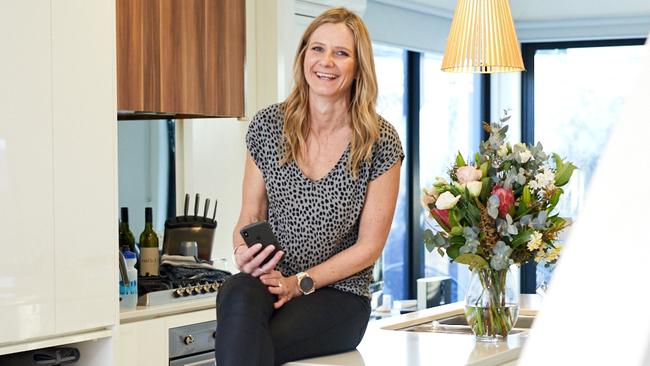It’s time to talk about money with parents as living costs bite hard
Fear of talking about money problems is making the cost-of-living crisis harder for many young adults, but their parents can help.
Surging living costs are sparking more family conversations about money, but embarrassment and fear of being judged are stopping many young adults from opening up.
New research from advice and accounting group Findex has found that while most families discuss money, two-thirds of people say there are barriers preventing open conversations.
However, talking about money is a great way for parents to help their adult children, financial advisers say.
Findex’s research shows young adults worry more about challenging money chats than Baby Boomers do, and the biggest barriers to open conversations are:
• Differing opinions about how money should be spent and saved.
• Not wanting to be judged about how they manage money.
• Concerns about potential conflict over finances.
• Being embarrassed by their own financial situation.
Findex co-CEO Matt Games says there is embarrassment around feeling financially squeezed, and many people do not have any sort of financial plan.
“You are not telling your parents you are over your budget – you are turning up and you don’t have a budget at all,” he says.
SHARE STORIES
Open conversations are a great idea, says Games, who suggests parents think about the people feeling pain the most – families with mortgages.
“These people probably have parents old enough to remember the high interest rates of the 1990s.

“They’re not just talking about theories. They’re talking about what their parents experienced and what their parents’ parents experienced.
“Talking about real-life situations is the best way to learn.”
Games says parents should take the view that the onus is on them to help their children, and do it by creating a comfortable environment.
As soon as a parent grumbles about wasteful spending, it will shut down a conversation and the child may never seek money advice again, he says.
Parents can share their own financial horror stories from the past, Games says.
“Acknowledge that life is a long journey and there is plenty of time to fix habits,” he says.
Author and financial adviser Amanda Thompson says fear can lead people to shy away from in-depth money discussions.
“Just like generations before them, many young adults hesitate to discuss money due to concerns about judgment and embarrassment,” she says.
“They compare themselves to others, fear being seen as unsuccessful, lack financial knowledge, and feel pressured to maintain a successful image.”
Thompson says young adults are constantly comparing themselves with others, and worry that admitting to financial challenges will lead to negative perceptions about them such as being labelled as irresponsible.
PRIORITISE EDUCATION
“Many young adults lack comprehensive financial education,” she says.
“They might feel embarrassed about not understanding certain financial concepts or not knowing how to manage their money effectively.”
Thompson says overcoming fear requires an effort to prioritise open communication and financial education.
“Open family conversations about money provide a platform for learning, collaboration, and mutual support,” she says.
Games says the Findex research highlights that cost-of-living challenges are a “driving force behind starting more financial conversations for families”.
However, the talks are typically about short-term issues, such as cutting back expenses or finding ways to repay a mortgage, he says.

“It’s good that the rising cost of living is triggering these conversations, but we would love – as financial advisers – for it to trigger a little more than that and have people think about their 30-year plan rather than getting through the next six months.”
Games says the findings show an appetite among adult children to improve their financial knowledge “and many are looking to their parents for guidance”.
“Parents are integral to preparing the next generation to confidently discuss and manage short and long-term financial goals,” he says.
TIPS TO TALK WISELY
• Parents should be vulnerable and share their own mistakes and lessons learned.
• Identify shared family financial goals, to build a common bond.
• Encourage curiosity and an understanding that it’s okay to ask questions.
• Parents can guide children to create spending plans that prioritise needs over wants, and discuss the benefits of setting long-term goals.
Source: Amanda Thompson, author of Financially Fit Women






To join the conversation, please log in. Don't have an account? Register
Join the conversation, you are commenting as Logout